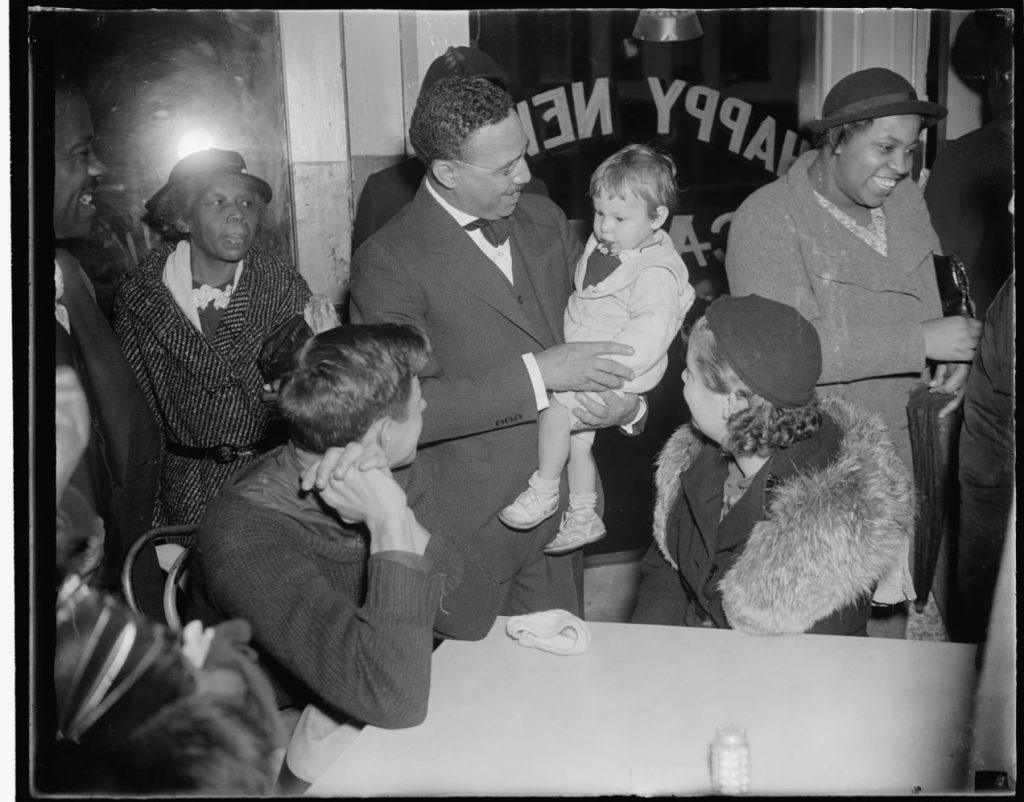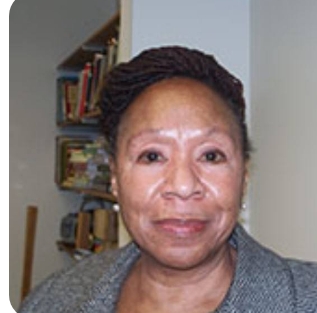Emeritus Professor Lillian Ashcraft-Eason was recently featured on WGTE’s All Things Considered in a special Radio Diaries segment highlighting the life and influence of Elder Lightfoot Solomon Michaux (1885–1968)—a charismatic African American minister whose national radio broadcasts made him one of the most prominent Black religious figures of his time.
Michaux, often referred to as the “Happy Am I preacher,” led the Church of God in Washington, D.C., and in 1934, The Washington Post called him “the best-known Black man in America.” His Sunday services aired across CBS radio to more than 25 million listeners, reaching both Black and white audiences during an era of stark racial divisions.
Dr. Ashcraft-Eason, who was born into the Church of God in 1940 and grew up in Tidewater, Virginia, shared her personal memories of attending Michaux’s lively services. Her reflections in the broadcast offer rare firsthand insight into the energy, music, and sense of belonging that defined Michaux’s ministry.
“You see the band, the choir. And then you see him waltz into the church and jump up on the pulpit. And then the choir starts singing ‘Happy Am I,’” she recalled.
As a child, she and other members of the congregation knew to be still and listen as Michaux delivered his spirited sermons, often opening with the familiar line, “Good morning, is everybody happy?” His Happy-Am-I Cafe served meals for just one cent—even to white patrons during the Great Depression—showcasing his commitment to service and inclusivity in a time of segregation.
Dr. Ashcraft-Eason also spoke about the complex relationship between Michaux’s ministry and the Civil Rights Movement. As new leaders like Dr. Martin Luther King Jr. emerged, advocating for direct action and systemic change, Michaux took a more conservative approach, focusing on spiritual rather than political solutions.
“There was the Civil Rights Movement. That was good. There was the Church of God. That was good. So how do you live with those two forces?” she reflected during the broadcast.
Michaux’s reluctance to fully embrace the movement led to a decline in popularity, especially as younger generations sought more activist-oriented leadership. Dr. Ashcraft-Eason’s reflections capture this tension between tradition and progress, and the challenges of navigating faith and activism during a time of social upheaval.
Her participation in the segment underscores the value of lived experience in understanding history. As someone who knew Michaux personally, Dr. Ashcraft-Eason offers listeners a deeply personal view of his impact—not just as a preacher but as a cultural and community leader whose influence extended far beyond the pulpit.
We invite you to listen to the full segment to learn more about Elder Michaux’s enduring legacy and Dr. Ashcraft-Eason’s important role in preserving this history.

Harris & Ewing/Library of Congress
Listen to the full WGTE segment here: The Black evangelical who had a feud with MLK : NPR

